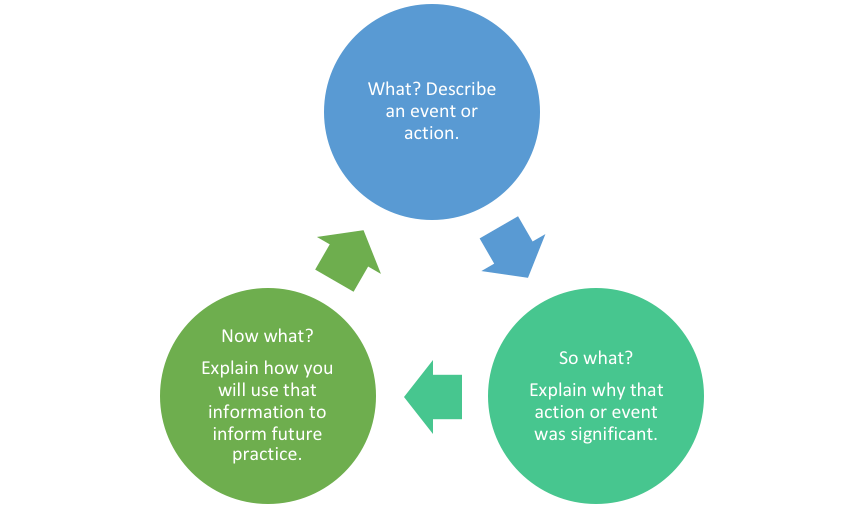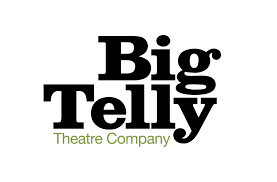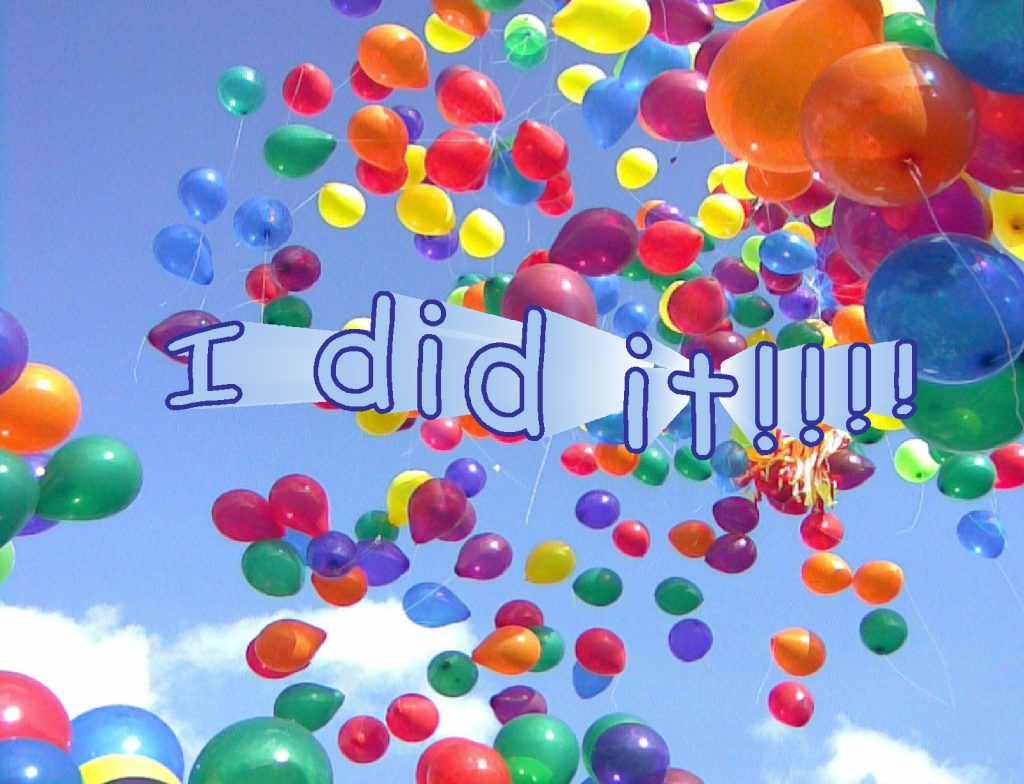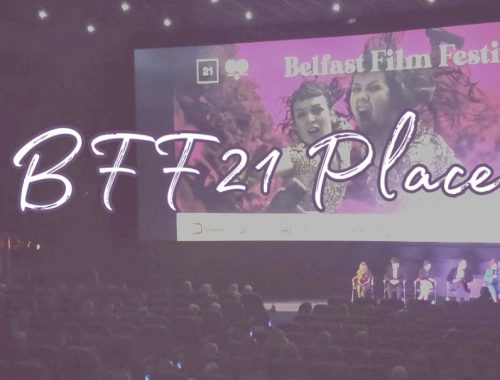
Facing Avoidance
The thought of beginning my work placement application journey gave me high levels of anxiety. In spite of this, I started out strong. I attended my tutor’s online lecture before the module began, wherein she explained how one should go about approaching companies, what a professional creative CV should look like and other helpful tips. I made notes of aspects that I felt important and immediately began work on my CV.
To reflect on this experience, I will be using Bortons method (1970) of asking oneself three questions; ‘What, So What and Now What’. Asking myself these questions in relation to my experience securing placement will help me to see clearly my strengths, weaknesses and ways in which I can improve these areas.

Borton’s mode of reflection (1970)
What am I doing?
I was starting from scratch, I had never made a creative CV before and so examples from my tutor’s lecture were great starting points for me. I was feeling positive, I have quite a lot of film experience now and I felt confident that I would be able to fill the page with relevant information. What also helped me was my tutor’s own book, Running a Creative Company in the Digital Age, which talks of selling yourself; ‘So who are you, why are you here and why should audiences and funders care about you?’ (2017, 13).

I used the website Canva to create my CV, which honestly made it quite a fun and enjoyable task. It was exciting reading my name and experience on such a professional yet eye-catching document, I felt pride. I spent a good few days working on this, I wanted to make sure it was immaculate as I was aware of the harrowing amounts of other CVs these companies would receive and the statistics surrounding how long an employer will take to scan the document before deeming it suitable or complete rubbish.
It took me a while to accept that I was finished. I was afraid that I was looking at it too closely and kept coming back to it after a few days away to gloss my, now fresh, eyes over it once more. I was hunting for mistakes in grammar, layout or anything that a professional would sneer at. I showed it to each of my housemates, converted it into different formats to test if the layout remained the same (it did), until finally there was nothing more to do. Looking back, I can see now that my obsession over making my CV perfect was just a way to stall actually moving forward in the process and probably did more harm to my journey than good by wasting valuable time that could have been spent getting my name out there.
The Hard Part
I knew it was time for the hard part; sending it out. This was when the avoidance part of my anxiety kicked in, I dreaded this the most; rejection. I knew rejection would be inevitable, we were all of us warned that placement is hard to achieve without a global pandemic in the midst, and so my hopes were not incredibly high. Again, thinking negatively in this way is another obstacle I must learn to overcome in order to build my confidence.
‘Worrying doesn’t, of itself, achieve anything…If we recognise that, and become more aware of the moment when we start to worry, we can think and act differently.’ (2018, P.11)
Cottrell, Stella. Mindfulness for Students.
My tutor’s lecture lecture included a list of companies that has been known to take on students in the past, I thought this the best path to follow. I made a list of the companies I was most interested in and ranked them.
Drafting the introduction email was difficult, I felt I had no idea where to start, I had never even written a real cover letter at this point. Approximately 1 million drafts are still residing in the notes app on my phone, but I got there in the end. After checking another compulsive amount of times that I had actually attached the CV I was referring to in the introduction, the first email was sent and with it went my anxiety!
The Easy Part!
I felt such relief, the satisfaction of actually having done the task made me forget to be nervous about a response. I felt good, even when I read the “unfortunately” in their response I felt good, and immediately sent out another email to another company.

This routine went on for a while, I was beginning to lose hope until I received an email from my subject tutor with an opportunity with Big Telly Theatre Company, attached was a document asking applicants what sort of experience they are looking for. At this point in the process I felt jaded and was ready to make demands; I wrote of my passion to work in the production side of the industry in a leadership/ administrative role. I was called for an interview and was successful! I gained the role of Assistant Producer on one of their projects!

Georgina Gregory writes; ‘be as proactive as you can…this means not giving up at the first hurdle and learning to adapt your approach to finding a job where necessary.’ (2007, 16). Although I do believe that this is good advice, I may have interpreted it wrong, resulting in a lack of passion in my applications. If I were to go through this process again, I would be more specific about what I can do and the roles I feel passionate about. Big Telly were so pleased to hear that someone was interested in production work, it set me apart from those who were ‘happy enough doing anything’, which is how I was presenting myself in my applications before. As explained in Barton’s ‘Don’t Get a Job…Make a Job’; ‘By being confident in what you have done and talking to others about it, you will find that they feel more inclined to collaborate with you, employ you, and recommend you to others.’ (2016, 25).
After having tried and failed a few times, I feel like less of an amateur in terms of looking for work in the ‘real world’ and more seasoned in approaching a company the right way, especially after attending more lectures on this module. I have learned to push through the nervousness I feel before starting an important task. The relief I felt when I sent the first email is akin to that of when I finally begin an assignment I have been putting off. Even a small step is a start and makes the emotional toll much lighter.
BIBLIOGRAPHY
Baxter, Lucy. Running A Creative Company In The Digital Age. Harpenden, Creative Essentials. 2017
Barton, Gem. Don’t Get a Job…Make a Job. 8th Edition. Laurence King Publishing. 2016.
Borton, Terry. Reach, Touch and Teach. New York, McGraw-Hill Paperbacks. 1970.
Cottrell, Stella. Mindfulness For Students. London, Palgrave. 2018
Gregory, G., Healy, R., Mazierska, E. Careers in Media and Film: The Essential Guide. Los Angeles, Sage. 2007
The importance of a plan
You May Also Like

Learning from experience- Am I on the right track?
28 November 2021
In at the Deep End: Recording an Orchestra
26 November 2021
